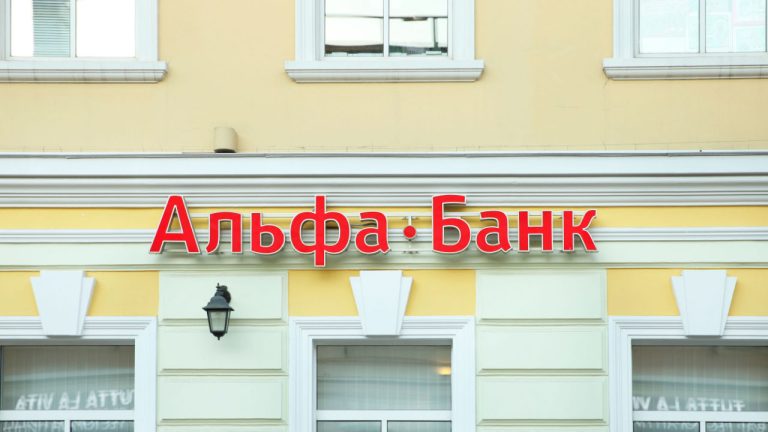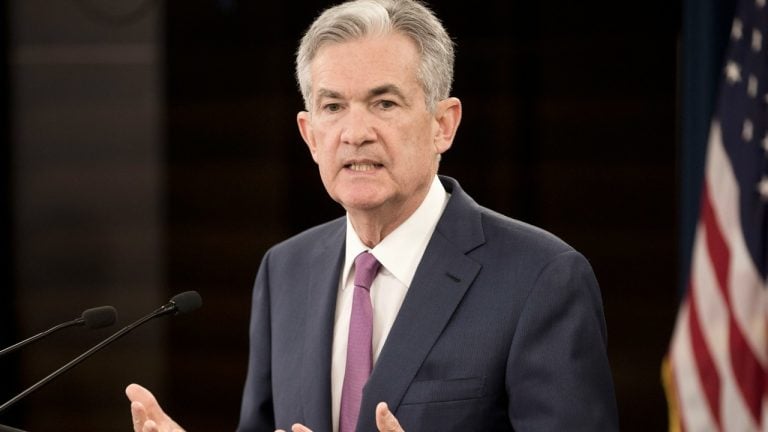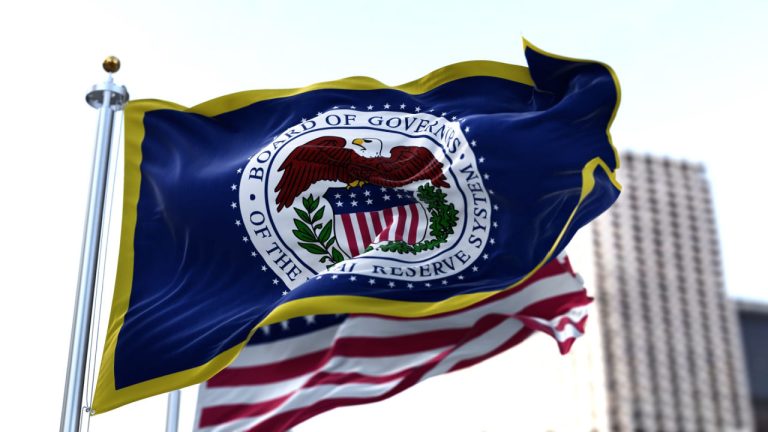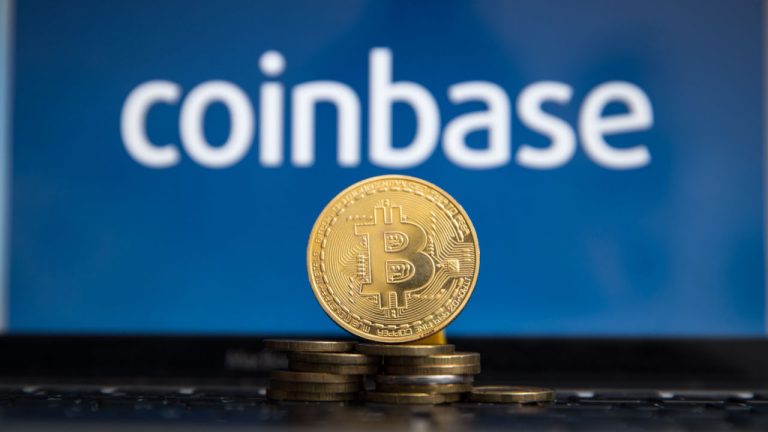
The bank for central banks is expanding its CBDC research while developing a platform to monitor stablecoin balance sheets.
The Bank for International Settlements (BIS) will heighten focus on experimenting with Central Bank Digital Currencies (CBDCs) this year via its research and development arm and will also launch a new project to monitor stablecoins.
On Feb. 7, the Switzerland-based so-called “bank for central banks” announced its Innovation Hub will "increase its focus" on CBDCs in 2023 to improve payment systems.
The bank added its work schedule for the year ahead also includes “Project Pyxtrial,” which it described as a new experiment being launched by the London branch of the BIS Innovation Hub to enable the “systemic monitoring of stablecoins.”
Pyxtrial will develop a platform to monitor the balance sheets of stablecoins. The bank noted that most central banks lack the tools to “systemically monitor stablecoins and avoid asset-liability mismatches,” before adding:
“The project will investigate various technological tools that may help supervisors and regulators to build policy frameworks based on integrated data.”
For its CBDC-related projects, the BIS will focus more on retail CBDCs such as the two-tiered system called Aurum that it piloted in Hong Kong in July 2022.
It stated that CBDCs and payment systems improvements accounted for 15 of the 26 projects that have been active in the last couple of years. It cited increased awareness from central banks as the primary driver.
“This emphasis reflects the interests and priorities of central banks and the G20 countries' programme to improve cross-border payments.”
It also plans to experiment with the distribution of a retail CBDC through an open API ecosystem in a joint experiment with the Bank of England (BOE) dubbed Rosalind.
In 2023, the #BISInnovationHub will increase its focus on improving payments systems and experimenting with #CBDCs; on shaping the future of financial regulation and supervision; and on greening and securing the financial sector. Read more: https://t.co/565s9KK1gn pic.twitter.com/izlF1u0Q22
— Bank for International Settlements (@BIS_org) February 7, 2023
In September 2022, the BIS concluded a pilot for a platform called mBridge, short for Multiple CBDC Bridge. The central banks of Hong Kong, Thailand, China, and the United Arab Emirates took part in the pilot in addition to 20 commercial banks from the countries.
Related: BIS economists suggest improving TradFi with CBDC to attract users away from crypto
According to the Atlantic Council’s CBDC tracker, just 11 countries have fully launched a CBDC which are all located in the Caribbean aside from Nigeria.
There are 17 nations undergoing pilots, mostly in Asia, including China, Russia, Kazakhstan, India, South Korea, Thailand, and Malaysia.











